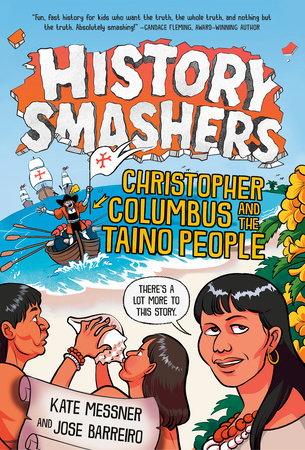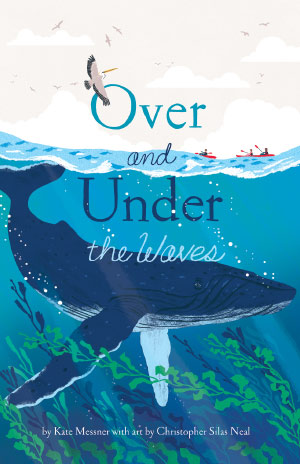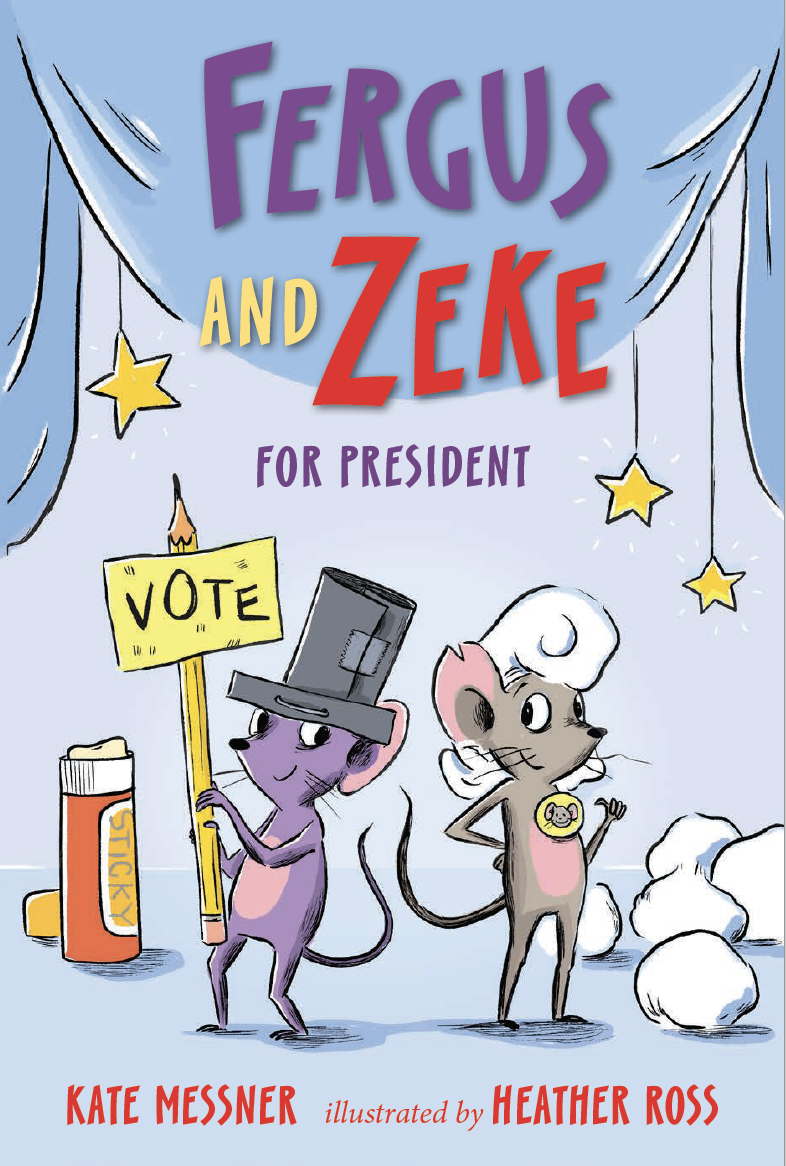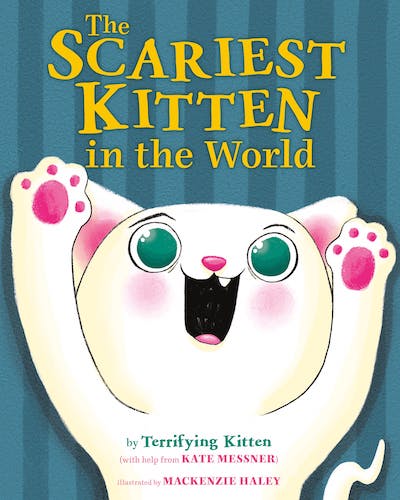When I read, I read not only as a lover of story, but also as a writer and a teacher. Some books really speak to the writer in me…the one who loves a beautifully turned phrase, a well-placed detail. Some books speak to the teacher…the one who loves the historical details, believes in “the truth inside the lie,” as Stephen King described fiction, and takes frequent breaks from reading to fantasize about how much fun it will be to share the text with students. And some books…well…some books speak to the story lover and carry her away on wings of words.
Once in a while, I read a truly unique book that speaks powerfully to all three. In the past few weeks, I’ve read advance reader copies of two of those amazing books, both by writers named Anderson, coincidentally, and both about the choices faced by slaves during the American Revolution.


CHAINS by Laurie Halse Anderson tells the story of Isabel, a slave trapped in New York City in the early days of the Revolution. Sold to Loyalists when her former owner dies, she’s offered the chance to spy for the Patriots. But does their talk of liberty really include her? What about the British, who promise freedom to slaves who join their fight against the rebels?
This book is impeccably researched in a way that not only convinced me I was getting “the real deal” as far as the historical details are concerned but also transported me straight back into the 18th century. Some historical novels that have tackled this issue in the past have made it overly simple, but CHAINS is different. The historical context isn’t simplified, the Patriot cause isn’t glorified, and the characters are flawed, complex, and rich. As a reader and as a teacher, I am in serious book-love, and I already have plans to use this novel in my 7th grade classroom next year. CHAINS is a well-researched look at choices made by individuals during the Revolution, a coming-of-age story for a girl and a nation, and an absolute page-turner. It’s everything that historical fiction ought to be.
While I read CHAINS in two days, it took me several weeks to get through M.T. Anderson’s THE ASTONISHING LIFE OF OCTAVIAN NOTHING, TRAITOR TO THE NATION, VOLUME II: THE KINGDOM ON THE WAVES. Not because it wasn’t good. It was amazing. But it was a difficult book to read on a few levels. M.T. Anderson is right up near the top on the list of the smartest people I’ve ever encountered, and his prose is dense. The 18th century language of this series occasionally requires a dictionary. More than that, though, Octavian’s story is difficult to read because it feels so, so raw.
Like CHAINS, this book looks at the experience of slaves in the American Revolution through the eyes of an individual – in this case, Octavian Nothing, who grew up as the subject of scientific and philosophical experiments by a group of elite Boston men and in this latest volume, joins Lord Dunmore’s Ethiopian Regiment to fight the Rebels. Octavian’s life and his choices are based on the experiences of many slaves during this time period. Anderson tells his story with a detachment that is somehow analytical and yet deeply personal and emotional all at once. It’s an amazing, amazing book. And I especially love the way it ends – with an author’s note that challenges us to consider not only the past but the present.
If you have any interest at all in American history, read both of these books when they come out this fall. You’ll be transported by the masterful storytelling. You’ll come away with a deeper sense of our history as a nation — for better or for worse. And you’ll be thinking abut Isabel and Octavian for a long, long time.





I’m already chomping at the bit to get my hands on those two…
Dying here, Kate! How did you get CHAINS already? Ah… You’re an Advanced Reader-type (in more ways than one).
Great reader review. I love your stance from a writer’s POV.
Pardon me while I collect my drool in a bathroom cup. {}
-Pamela
Excellent reviews, Kate!
I’m looking forward to reading them both.
I absolutely LOVED Chains! The story and characters stayed with me long after I closed the book.
Check out COPPER SUN by Sharon Draper
I’ve read Octavian Nothing, Volume 1, and plan to read Volume 2. I completely agree with your assessment of M.T. Anderson’s writing. I cannot begin to fathom the research that went into the writing of that book. But I’d not heard of Chains. I have LHA’s Fever in my TBR stack. It would seem I need to add Chains as well. Thanks for the recommendation.
If you’re looking for another book on this topic, then I would also highly recommend Sharon Draper’s book Copper Sun. However, I would suggest you read it first. My daughter read it last year for an extra credit report for her 7th grade history class. But it’s intense.
The book begins with the slaughter of the old and very young in the protagonist’s African village. Those left are marched to the ocean to board ships bound for America. There she is sold as a gift to the plantation owner’s 16 year old son. She befriends a white girl, an indentured servant, and together they attempt to escape. Like the Andersons’ books, the book is well-researched and Ms. Draper immerses the reader completely in vivid sensory details. I reviewed the book for Teens Read Too here: http://www.teensreadtoo.com/CopperSun.html.
Ahhh…so that’s why I hadn’t heard of it yet! So…I have to…wait! Sigh.
I can hardly wait to read Chains. I loved Fever 1793.
I’m still waffling over the Octavian book. I read the first one and didn’t enjoy it. Part of the problem was that I was sick at the time, but mostly I found the language and the distant narrator kept kicking me out of the story. I didn’t much like the main character, even though I sympathized with his plight. Quite frankly, I can’t see even 1 teen in 10 being willing to struggle past the dense prose to follow the story. I ended up putting it in my adult section at the library in the hopes that people who like “literary fiction” (adults or teens) will find it there. This has nothing to do with intelligence of the readers but more why people read, and most teens in my library read for relaxation/enjoyment/entertainment (this book can be those things, I suppose, but it’s also a heck of a lot of mental work). I fully understand why everyone is declaring it to be such a wonderful book but it didn’t appeal to me. So I’m curious about the main character’s fate but not wanting to read the book. (oop. end of rant)
You’ll love them both (I think both are October releases, too.)
I know they had CHAINS at ALA, though my copy was sent as a thanks for a donation I made to a Leukemia/Lymphoma Society fundraiser in which Laurie and her husband were running. Anyway…there’s not too long to wait now!
Thanks, Lisa – I know you’re a fan of historical fiction. You’ll love both of them!
Wasn’t it awesome? I kept thinking about how much my 7th graders are going to love it.
Re: Check out COPPER SUN by Sharon Draper
I loved Copper Sun, too. Thanks for the link to your review!
I love the question your comment raises about why we read. I often read to relax, and when I do, I choose other kinds of books. There is nothing relaxing about the Octavian Nothing books — not even a little — which is probably one of the reasons it took me a few weeks to finish it. But I also read to learn, and even though it sounds strange, sometimes I read to be disturbed in a way, when there’s something unpleasant that I don’t know but perhaps should. Octavian Nothing was that kind of book for me — one that tore apart so many years of feel-good American Revolution stories with the reality of the agendas of the time period.
Anyway, I’m rambling… but that was my long way of saying that I shared some of your struggles with this book, but in a way, that made me love it even more.
For what it’s worth, I teach 7th graders. In the past two years, I’ve had five kids tackle the first Octavian Nothing book. All five read well above grade level, obviously. All five finished it, commented on how hard it was to read, and said it was one of their favorite books of the year. Not for every kid, to be sure, but I think those who are drawn to this kind of book will find exactly what they need in the challenges it poses.
Great reviews, Kate. I must get these!
Laurie (soon to be mom of a bonafide 7th grader)
SQUEEEEEEEE!!!!!!!
Thank you so much, Kate!!!
I can’t wait until I finish the next two books so I can read the Octavians!
Your 7th grader will love CHAINS now. OCTAVIAN is a bit old for most 12-year-olds.
Thank YOU – I’m so excited to share CHAINS with my students this winter!
My ARC of Chains literally got lost in the mail, so I’m anxious for it to go on sale. Heavy, ponderous sigh.